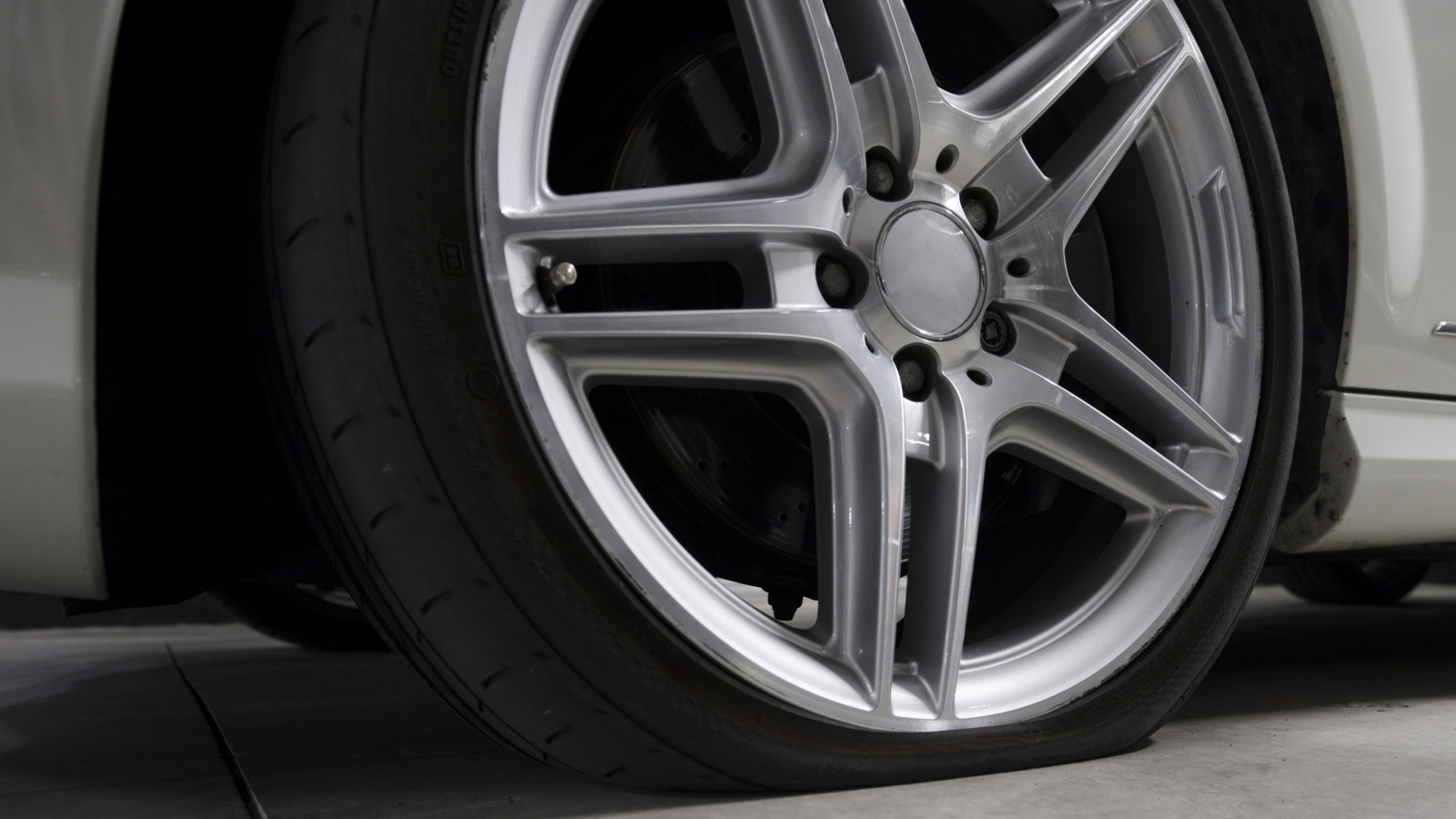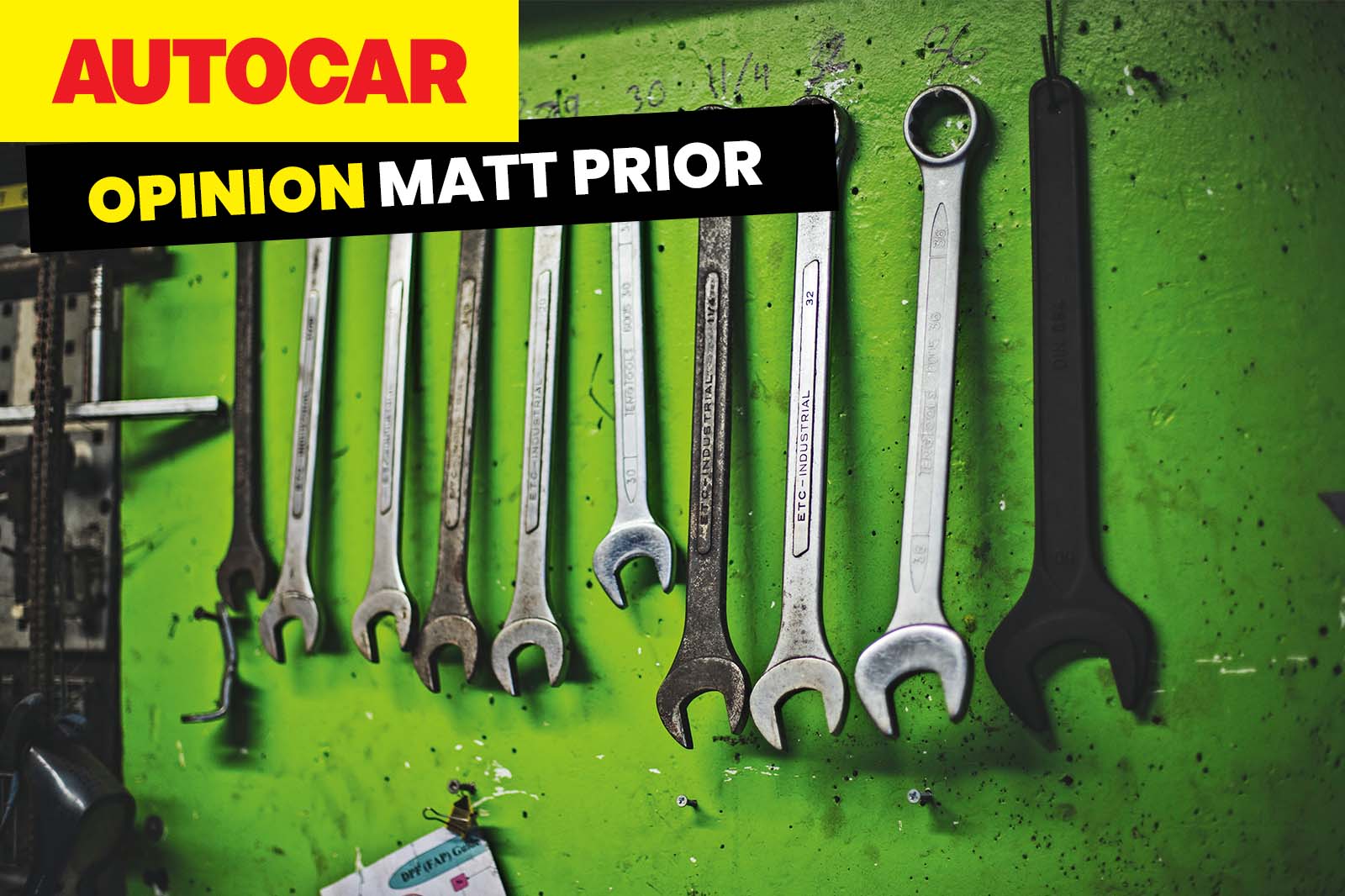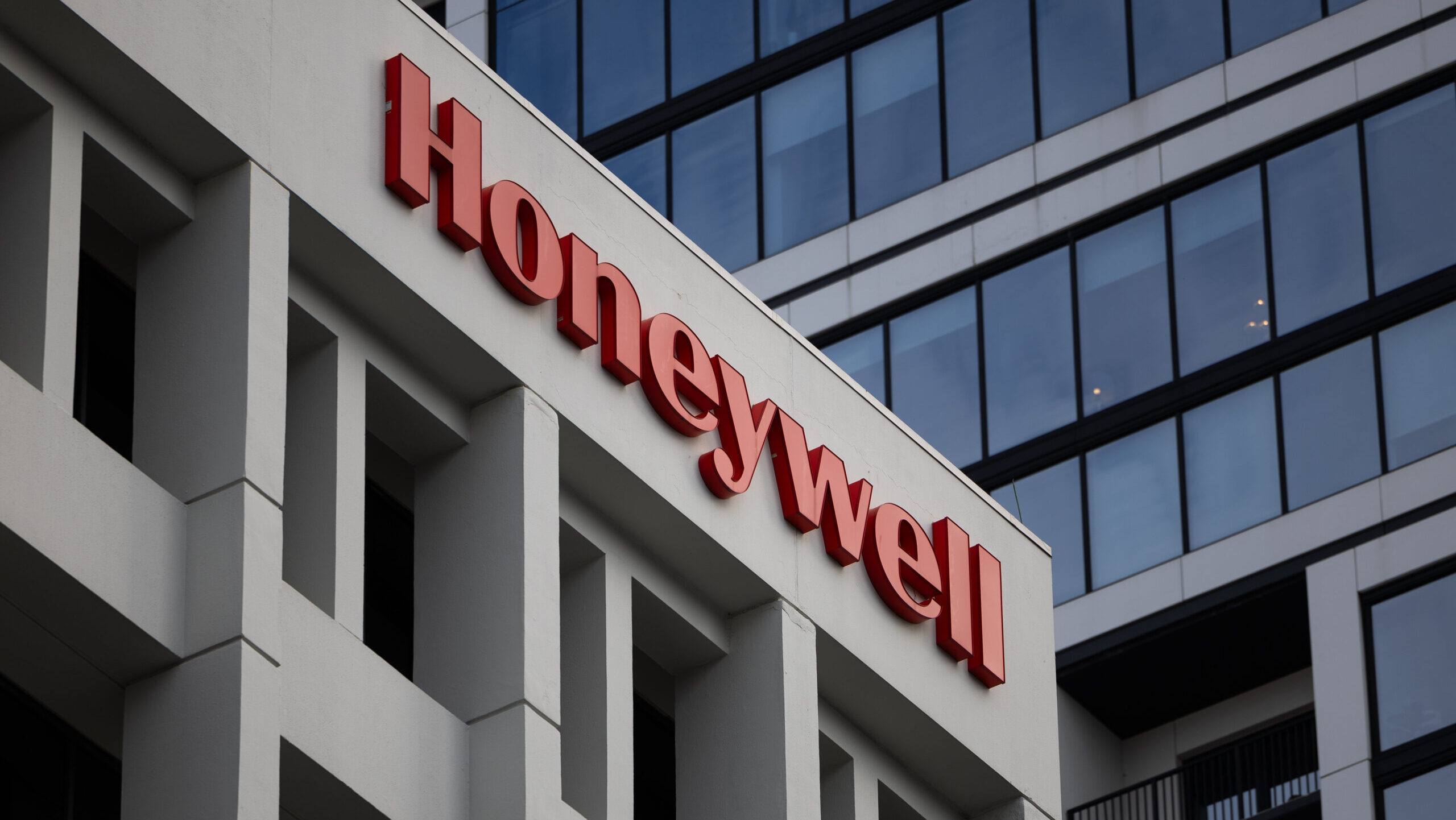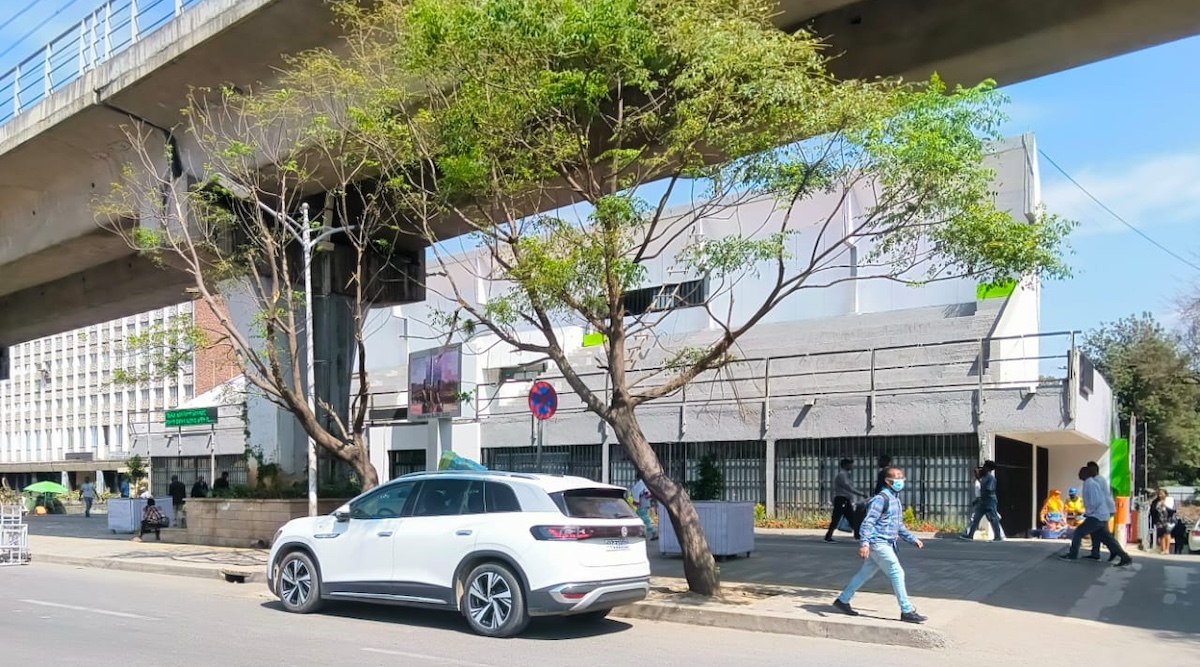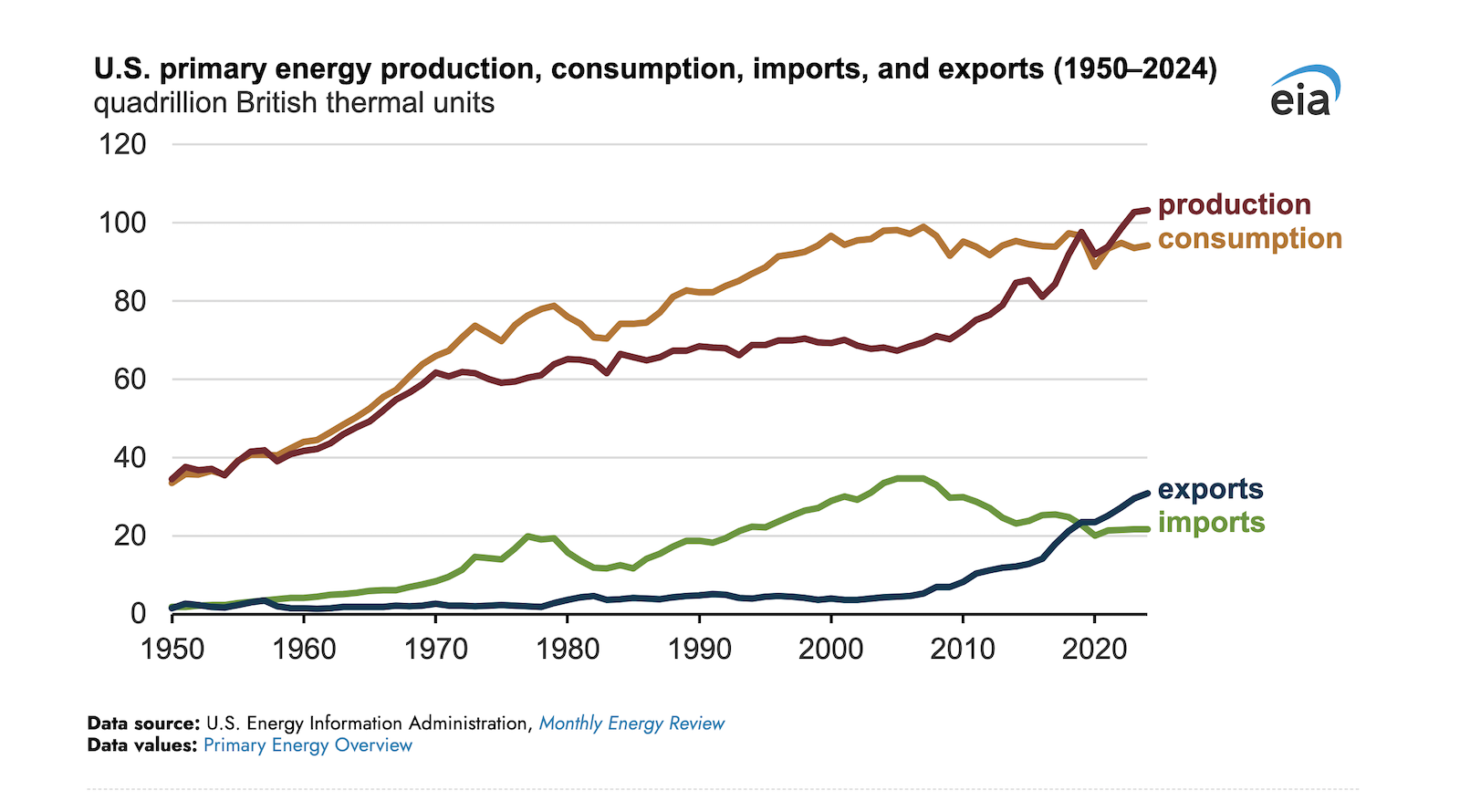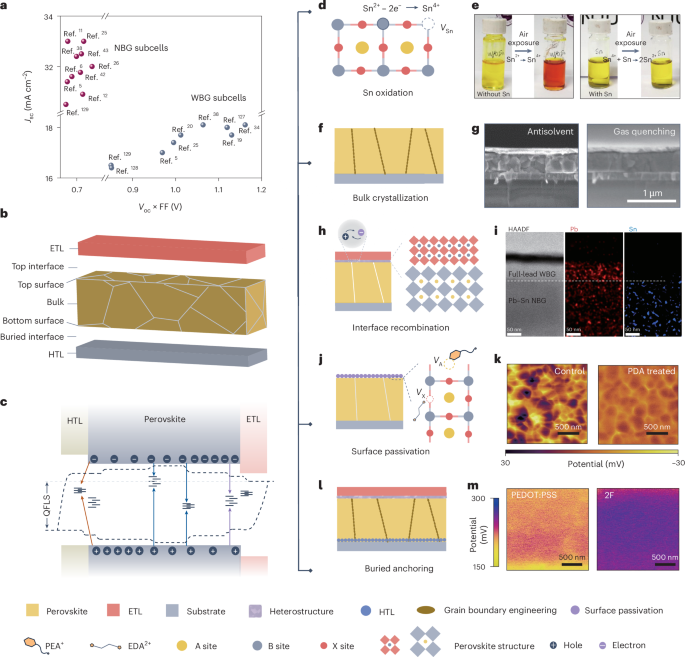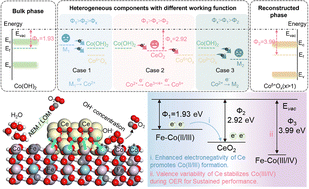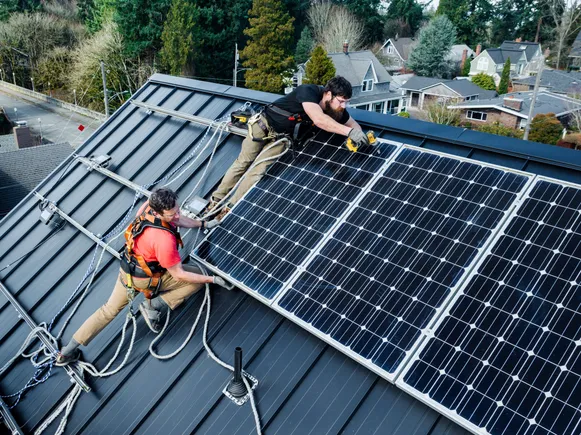How Much Does a Home Inspection Cost? The Fee Might Save You Thousands
Hesitating on a home inspection? The cost isn’t as much as you might think—and what the report reveals could save you thousands of dollars in the long run. The post How Much Does a Home Inspection Cost? The Fee Might Save You Thousands appeared first on Redfin | Real Estate Tips for Home Buying, Selling & More.


When you’re buying a home, every dollar matters—but some costs are worth every penny. Typically, a home inspection costs between $300 and $500, and while it might feel like just another box to tick, it could save you thousands of dollars in the long run by uncovering hidden problems.
A home inspector looks at whether your future home is actually safe and helps identify repairs that need to be made—and whether they need to be fixed before closing or after the home is yours. The bottom line? A home inspection is one part of the home buying process you don’t want to skip.
How much does a home inspection cost?
On average, a standard home inspection costs between $300 and $500, according to the National Realtor Association (NAR), but the price can be higher or lower based on a home’s size, age, and location. A home inspection for a house in New York, NY can look a lot different than an inspection for a Miami condo.
Larger properties or homes with special features, like pools, fireplaces, or detached garages, often come with higher fees. How far an inspector needs to travel and how much experience a home inspector has can also affect the cost, as well as whether or not it’s peak home-buying season.
How much does a special home inspection cost?
Many buyers choose to add specialized tests, or a home inspector might recommend additional testing based on the age or location of a home. On the low end, some specialized services run as low as $70; on the high end, a more complex test can add almost $3000 to a home inspection bill. Common add-ons include:
- Radon testing and other environmental hazards
- Mold inspections for hidden moisture issues
- Pests and termite presence and damage
- Sewer, septic, and/or plumbing evaluation
Ultimately, the home inspection, and any necessary add-ons, provide a clearer picture of what you’re buying—and can save a buyer from costly surprises down the road.
What happens during a home inspection?
A home inspection is a comprehensive checkup of a home’s condition. Over the course of a few hours, a licensed inspector examines major systems and structural elements, like the roof, plumbing, electrical, HVAC, and foundation, looking for safety concerns, wear and tear, and other potential repairs.
Once a home is under contract, the home inspection cost usually falls to the buyer—and what shows up in the report can change everything. Sometimes the cost of repairs might not be worth the time or trouble, giving buyers a clear way out of the contract.
Other times, sellers might offer to fix some issues to help the sale go forward, but it’s not always enough to ease buyer concerns or satisfy mortgage lenders. While not all fixes found during the home inspection are mandatory, the final report often becomes a key moment during a home sale.
Can I skip the home inspection?
Waiving a home inspection might speed up your offer or make it more competitive in a tough market, but it also means giving up a crucial layer of buyer protection.
Without a home inspection, a buyer is left to uncover hidden issues on their own, which could lead to unexpected repair costs, safety concerns, or buyer’s remorse after closing.
In most cases, the small cost of the home inspection is the best way forward, whether you’re buying a home in need of TLC or a brand-new build. Some lenders also require an inspection to be completed and potential safety issues addressed before closing, especially for older homes or if you’re using government-backed loans.
Finding the right home inspector
The home inspection cost covers the time, expertise, and delivery of the inspection report from a home inspector, so choosing the right home inspector is just as important as the inspection itself. A thorough, experienced inspector can uncover issues that others might miss, and help a buyer understand exactly what’s on the final report.
Start by looking for inspectors who are licensed and certified through reputable organizations like the American Society of Home Inspectors (ASHI) or InterNACHI. Your real estate agent can also be a great resource for finding a home inspector in the area that comes recommended.
When choosing a home inspector, ask how long they have been in the field, whether they specialize in the type of home you’re getting inspected, and what their reports will include.
As a final step, if you can walk through the property with the inspector, they can explain their findings on the spot—ensuring a thorough understanding and peace of mind in your purchase decision.
Home inspections can help sellers, too
While home inspections are usually a buyer’s responsibility, they can be a smart move for sellers, too. A pre-listing inspection gives a seller a clearer picture of the home’s condition before it hits the market, helping to avoid last-minute surprises that could delay or derail a sale.
By identifying potential issues in advance, sellers have the chance to make repairs on their own timeline or price the home accordingly. It also shows transparency to buyers, which can build trust and make negotiating a smoother process. In competitive markets, a pre-inspection report can even help a listing stand out.
What happens after a home inspection
After the inspection is finished and the report is delivered, it’s time to take a closer look, ideally with your real estate agent. A long report is normal and usually includes a mix of minor maintenance notes and potentially more serious issues. Focus on structural issues, safety concerns, or repairs that could impact your ability to live in or finance the home.
Work with your real estate agent to decide on next steps. That might mean requesting repairs, negotiating a credit toward closing costs, or walking away with your earnest money in hand if the issues are more than you’re comfortable taking on.
Buying a home is a major investment, and the low cost of a home inspection is one of the best ways to protect it. Whether the report confirms the house is in great shape or uncovers a few surprises, you’ll surely be glad you took the time to delve a little deeper.
FAQs
Are home inspections worth the money?
Yes—a home inspection is almost always worth the cost. For a few hundred dollars, it can reveal issues that might cost thousands to repair later. Even if the report comes back clean, it’s a small investment that helps a buyer make a more informed decision.
Who pays for the home inspection?
The buyer typically pays for the home inspection. It’s considered part of the buyer’s due diligence and is usually scheduled shortly after the offer is accepted. The cost is paid out of pocket at the time of the inspection and not included in closing costs.
Is a home inspection the same as an appraisal?
No. A home appraisal determines the home’s market value and is required by lenders, while a home inspection determines the home’s physical condition as a protection for the buyer.
The post How Much Does a Home Inspection Cost? The Fee Might Save You Thousands appeared first on Redfin | Real Estate Tips for Home Buying, Selling & More.









